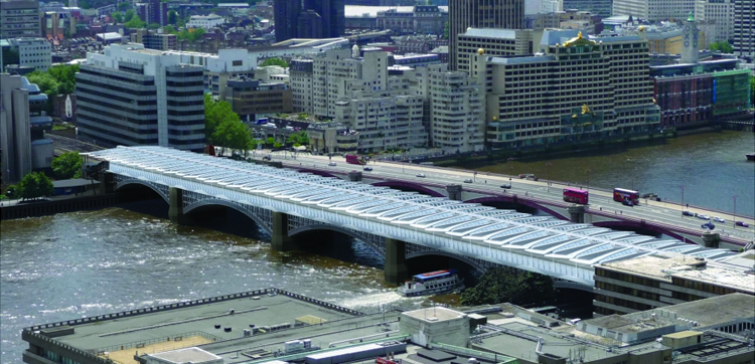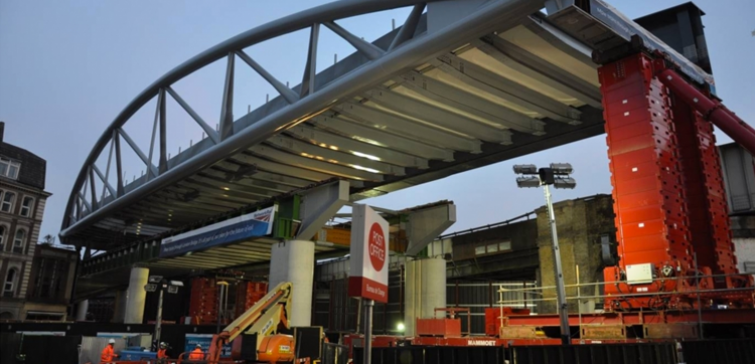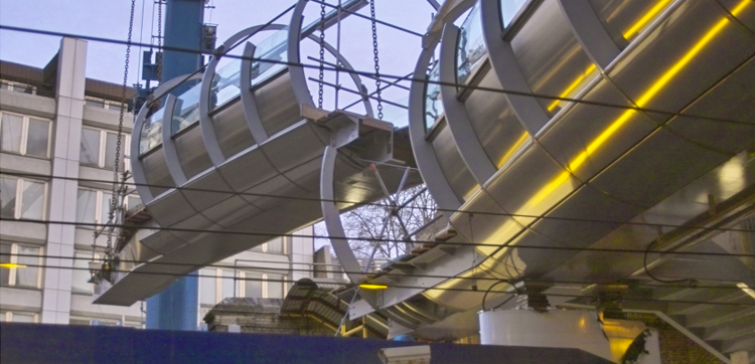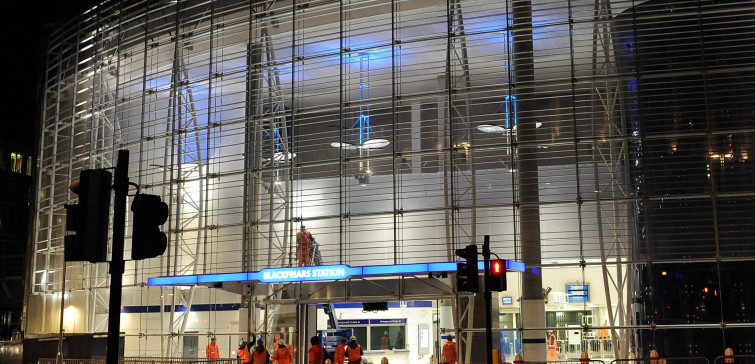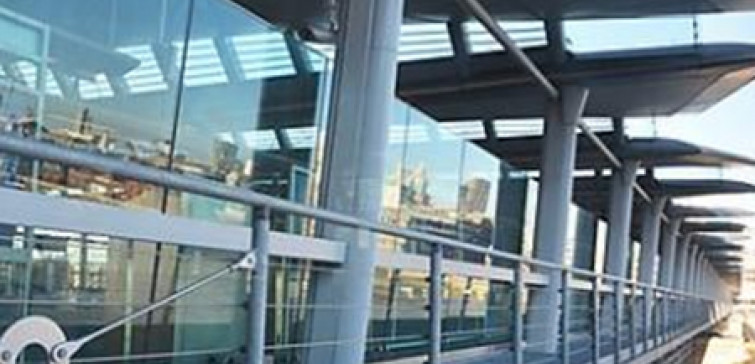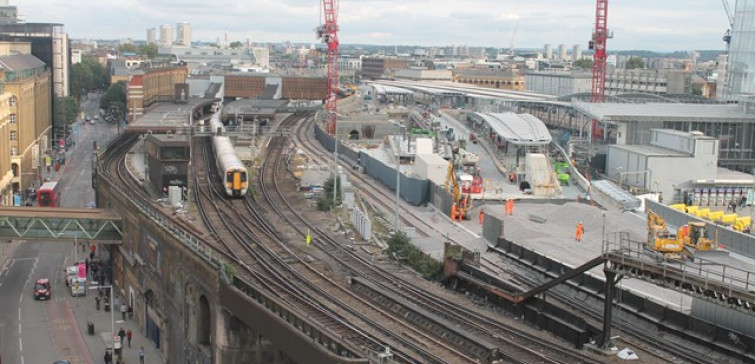Thameslink Programme - Phase 1
Since 1988, the Thameslink rail passenger service has been an important north-south link between Bedford and Brighton through the city of London. Thameslink has also provided a suburban service between Luton and the Sutton/Wimbledon loop and makes it possible to cross London without transferring to London Underground.
Rail usage is now at its highest for 50 years and is forecast to continue rising; 70% of all rail journeys already begin or end in London and the South East. The Thameslink route is one of the UK’s busiest.
The principle objective of the Thameslink Programme is to increase accessibility to, from and through the heart of London by improving and expanding the existing Thameslink service. The programme will provide the infrastructure to allow a major expansion of Thameslink services. Capacity increase is to be achieved by increasing the length of trains that can be accommodated and the frequency at which they can travel.
Thameslink Programme - Phase 1
The following work packages comprised phase 1:
- Blackfriars station – complete rebuild to accommodate 12 car trains, including rebuilding new north station (and underground station below), new south station and new wider and bigger platforms spanning the River Thames
- Farringdon – major rebuilding works and creation of new integrated ticket hall at Farringdon station servicing both mainline and LU commuters that will ultimately link into the Crossrail terminal. The works also required the lengthening of the platforms to accommodate 12 car trains and involved major infrastructure remodelling to facilitate the closure of the Moorgate lines
- Borough Viaduct – construction of a twin-track viaduct on the south side of the existing viaduct
- City Thameslink – minor works to facilitate 12 car operation
- platform lengthening works at 14 other stations along the route to provide 12 car capability, totalling over 4km of platform lengthening
- 9km of new track renewed along with 36 new switch and crossing units
- extensive power upgrades along the route including a new Auto Transformer power system on 20km of the Midland Mainline, new 20 mega watt substation at Ludgate cellers to provide power and protection circuits to the relocated dual electrified interface (AC/DC traction) between City Thameslink and Blackfriars stations and extension power upgrades on the DC traction areas
- completely new signalling system installed in the core area between St Pancras and South of Blackfriars which is designed for 12 car capability as well as the future upgrade to 24 trains per hour.
Thameslink Programme - Phase 1
The key outputs of this project were:
- increased capacity: up to 16 trains per hour through the core route during the peak period, new journey opportunities and with the added benefit of delivering 12 carriage services rather than the present eight between Bedford and Brighton
- less overcrowding: easing passenger congestion across the Thameslink route and reducing congestion on the tube (particularly the Northern and Victoria lines) with much improved tube access at the new Farringdon and Blackfriars stations
- better facilities: major investment at Blackfriars, Farringdon and platform extensions at outlying stations to accommodate longer trains
- improved energy efficiency: 4,410 solar panels on the roof of Blackfriars station to generate 850kwh per annum towards the station’s energy requirements.
Thameslink Programme - Phase 1
Client: UK Department for Transport
Location: London, UK
Start date: 2008
End date: 2013
Duration: 72 months
Contract value: £2bn
Services provided: Whole railway upgrade, systems integration, feasibility design


